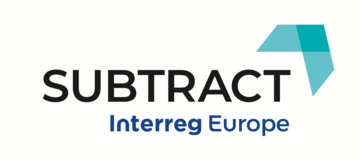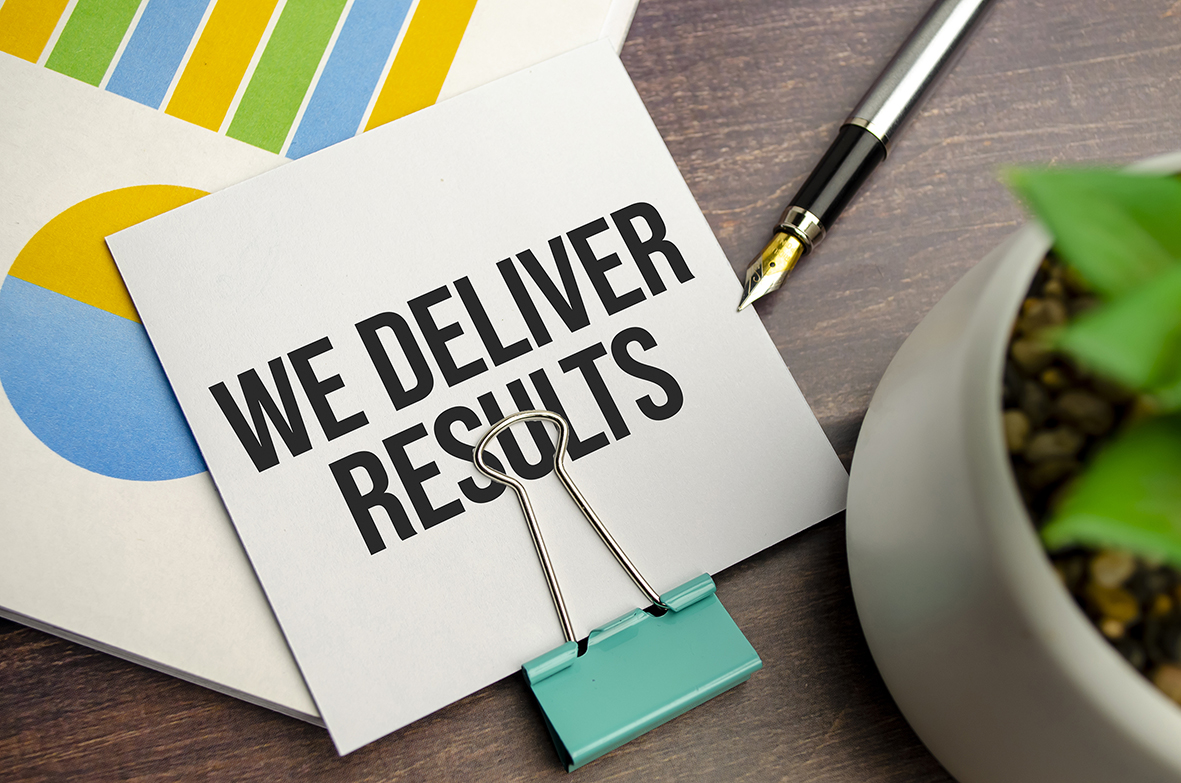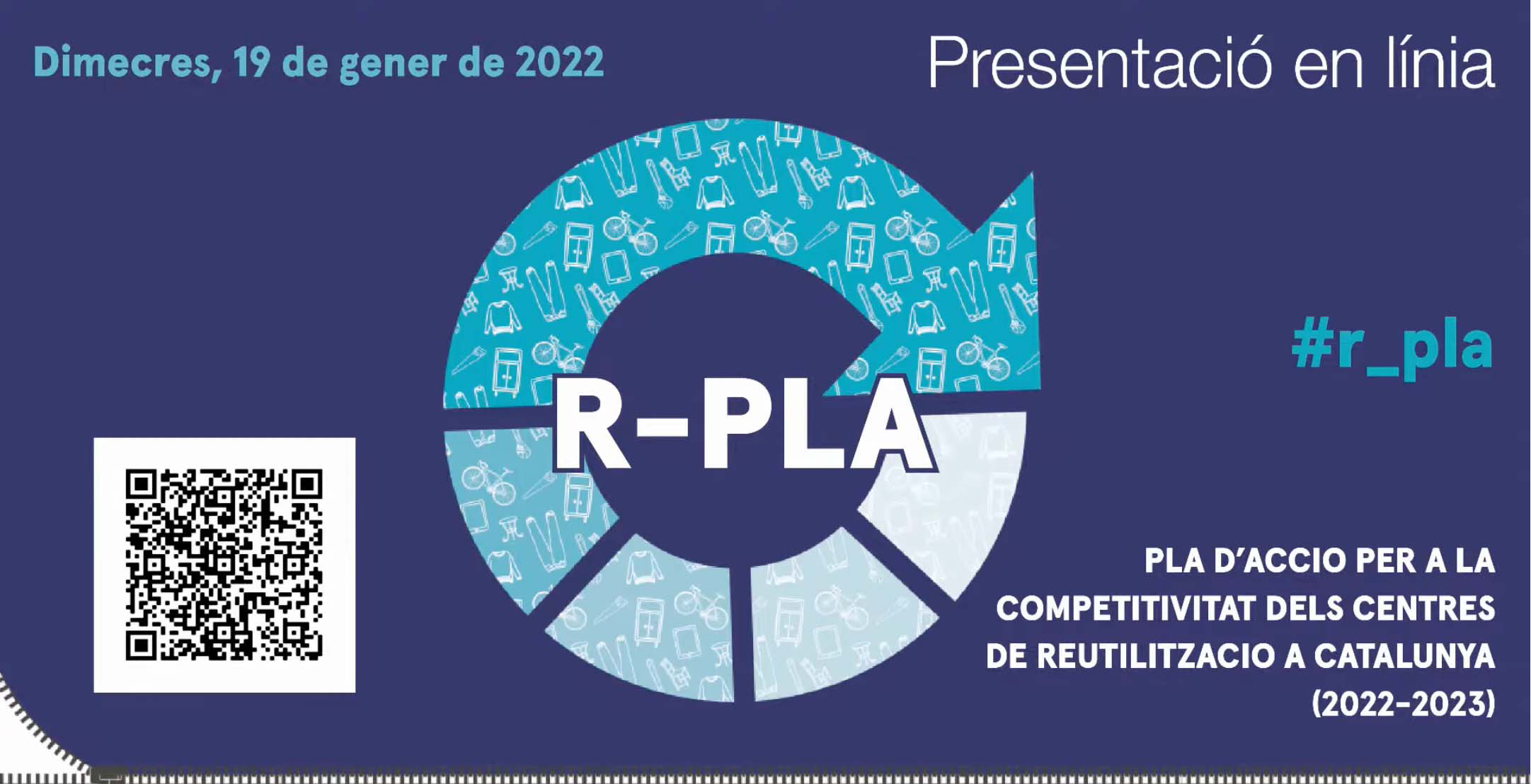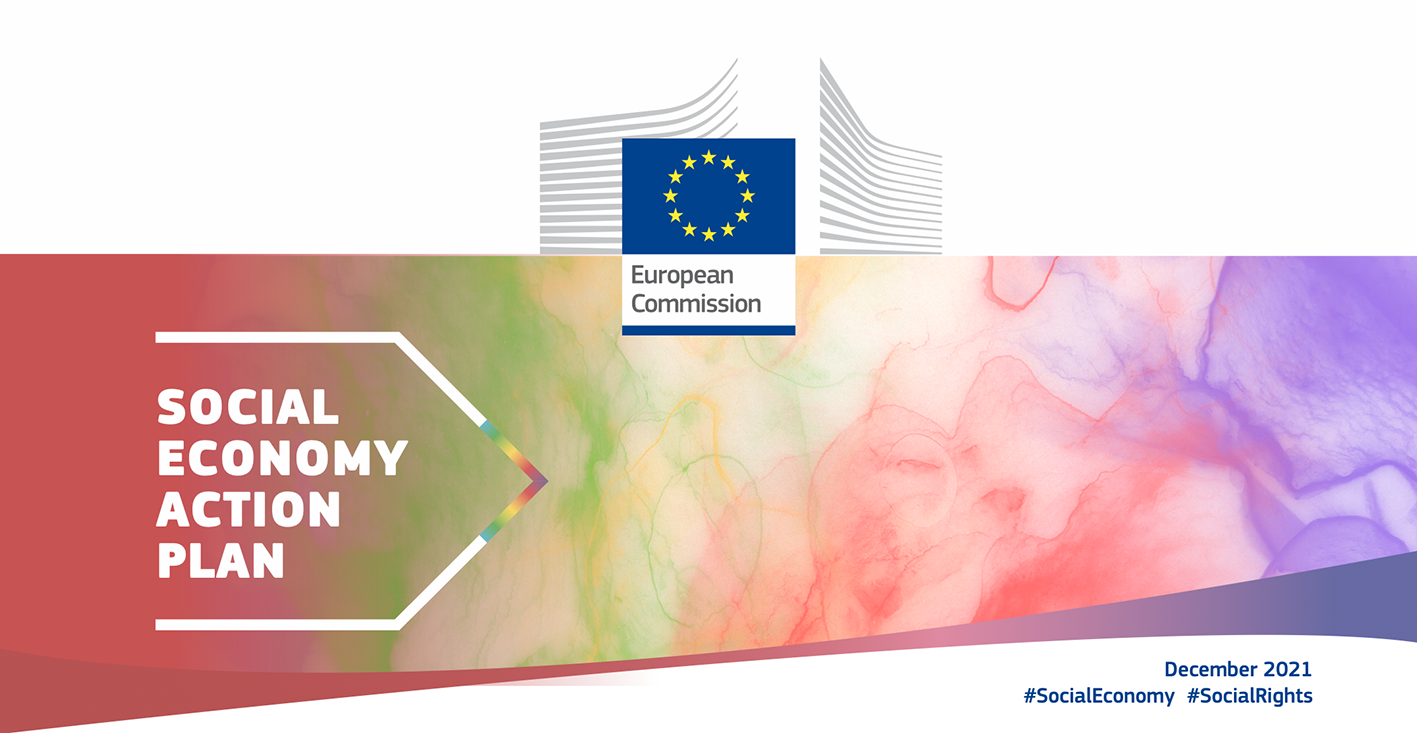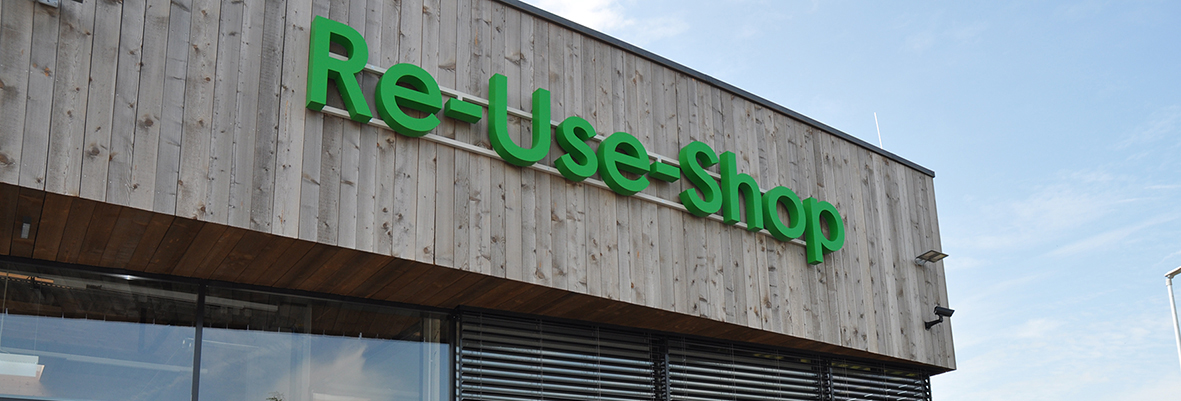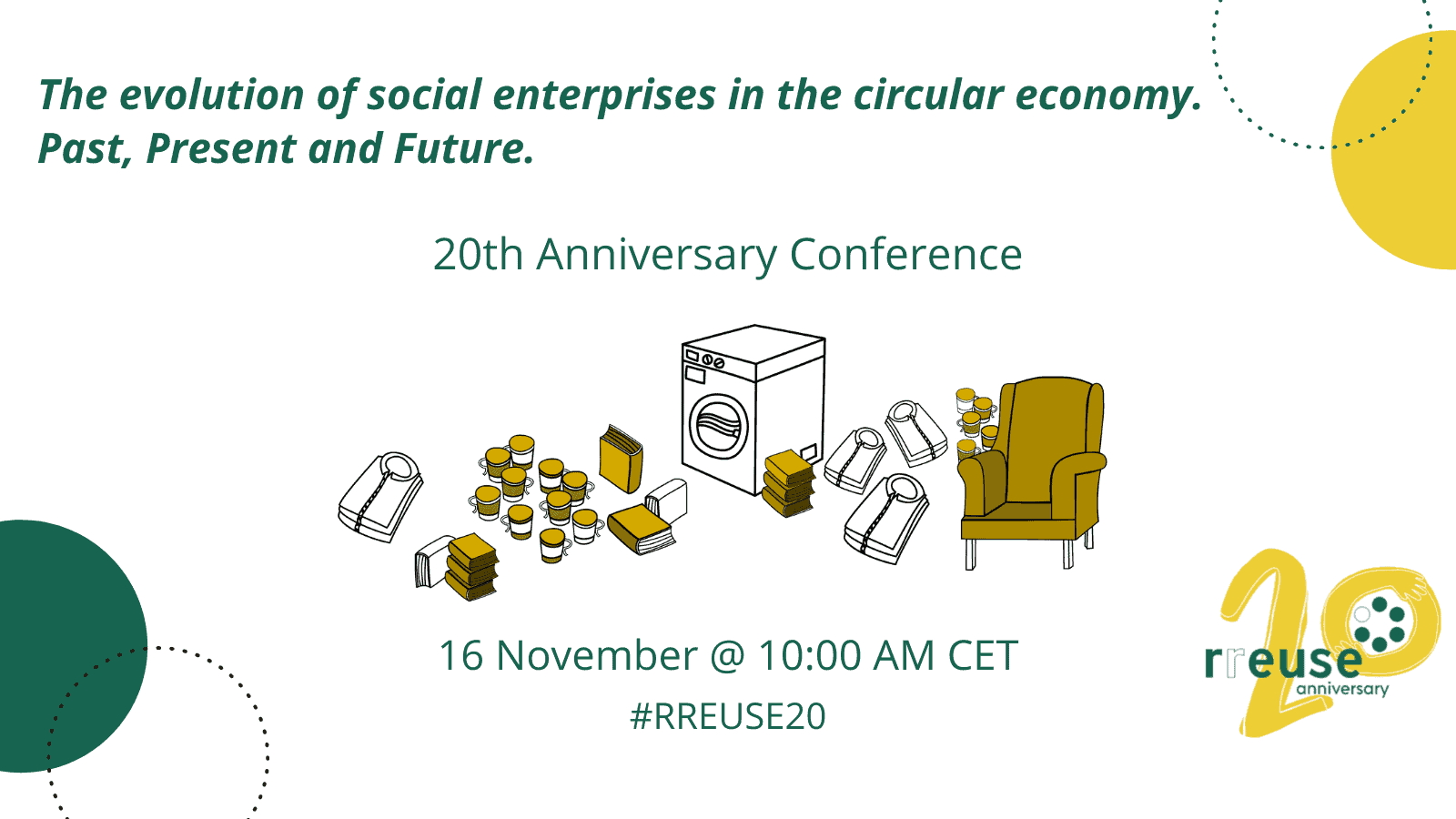In the wake of the scarcity of resources, circular economy is increasingly considered as an opportunity for economic development and a potential driver for competitiveness of SMEs. According to the EU action plan for the circular economy it is expected that “circular economy will boost the EU’s competitiveness…and will locally create jobs at all skill levels”.
Within the framework of the “webinar on fostering the circular transformation of businesses” economic policies and good practices targeting sustainable development and circular economy in businesses have been presented and discussed. This online event was organised on April 15, 2021 by the Interreg Europe Policy Learning Platform.
Alfred Vara Blanco from the Waste Agency of Catalonia, also a partner in the SUBTRACT project, gave insight into the soft incentives for SMEs, with particular focus on the Catalonian Ecodesign Awards. Within three categories, including products already on the market, products under development and young design, designer and manufactures from Catalonia can submit their ideas of products that incorporate in their design improved environmental performance over the course of their life cycle. Award-winning nominations receive an economic prize and are included in the award exhibitions, catalogue and all dissemination activities.
In his presentation Alfred Vara Blanco briefly introduced the webinar participants to Interreg Europe SUBTRACT project, highlighting the most relevant aspects and objectives of the project. “SUBTRACT concentrates on the post start-up and scaling-up phases to render reuse centres effective and durable, i.e. to have a steady flow of incoming and outgoing goods well prepared for reuse, a professional management, a suitable financial strategy and an attractive image for the users” said Vara Blanco.
“We are working together with different regions under the direction of Interreg Europe. Using shared-agenda making processes we try to demonstrate and render these reuse centers competitive”, added Vara.
In the next part of the webinar the major focus was put on certificates as well as financial incentives for SMEs. In his presentation, Øyvind Lyngen Laderud from the Municipality of Kristiansand, Norway, introduced EcoLighthouse – the first national certification scheme recognized by the European Commission. The main idea behind the scheme is to make it easier for SMEs and public institutions to become more eco-friendly and to increase competitiveness through certification. Finally, financial incentives for business, including grants and funds, was addressed by Iain Gullan from Zero Waste Scotland.
With more than 120 attendees, this webinar provided a great opportunity to discuss and exchange experience on different types of measures that can be used to foster the circular transition of businesses. The webinar has been recorded and can be watched here.

